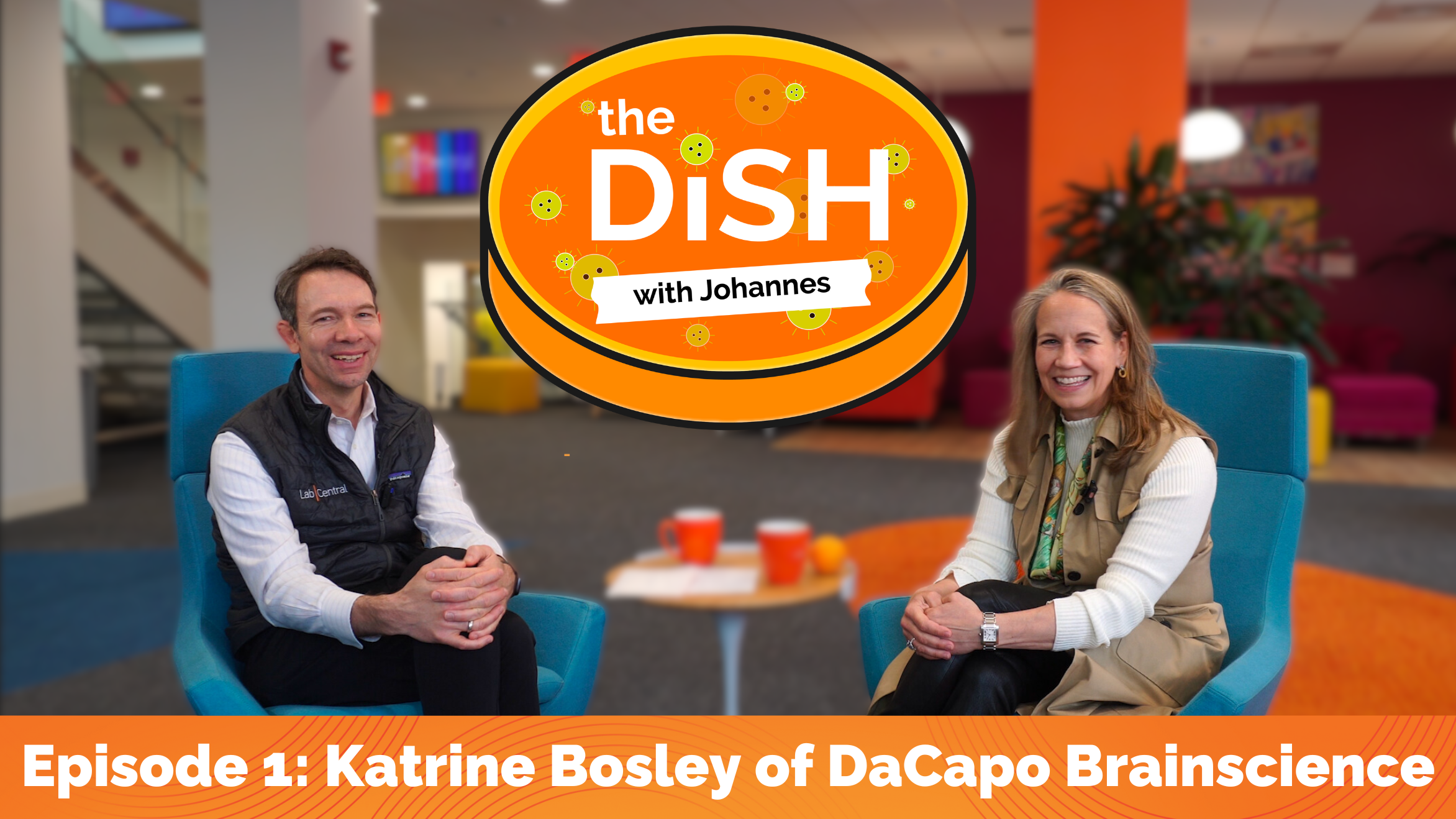-
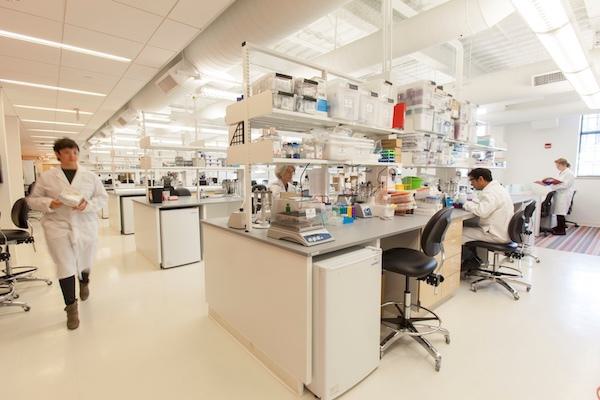
LabCentral
Launch your early-stage life science startup here.
-
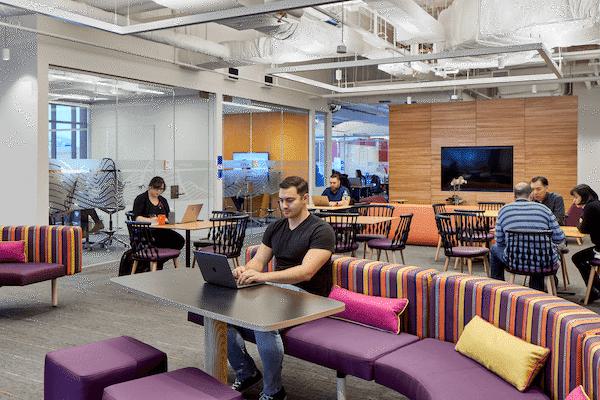
LabCentral 610
Space for scaling early- to mid-stage biotech startups.
-
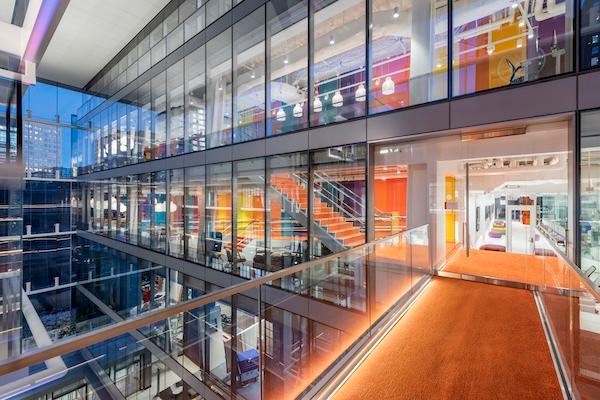
LabCentral 238
Purpose-built for process development and scale-up.
-
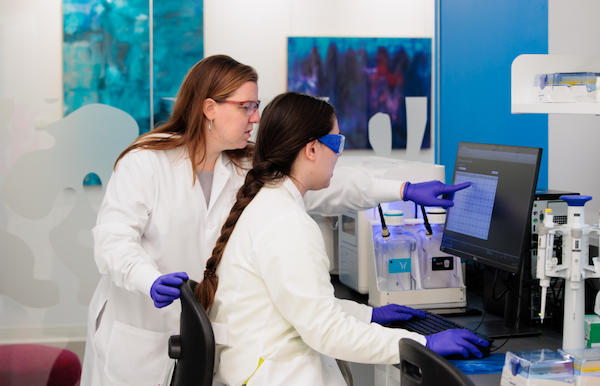
Bayer Co.Lab Cambridge
Focused on cell and gene therapy innovation and expertise.
-
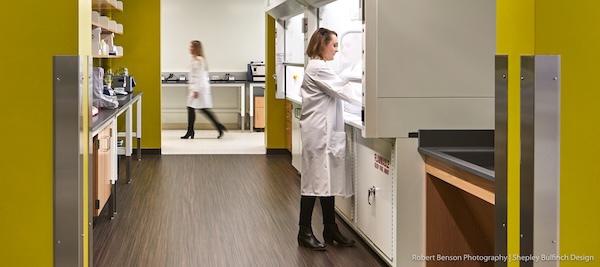
Pagliuca Harvard Life Lab
Harvard-affiliated biotech ventures thrive here.
-
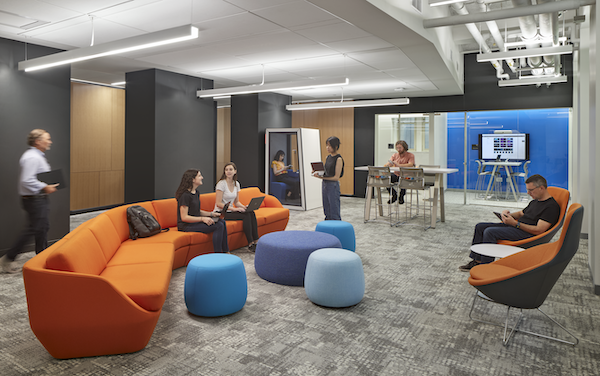
Blavatnik Harvard Life Lab
R&D for Harvard-affiliated pre-seed and seed ventures.
-
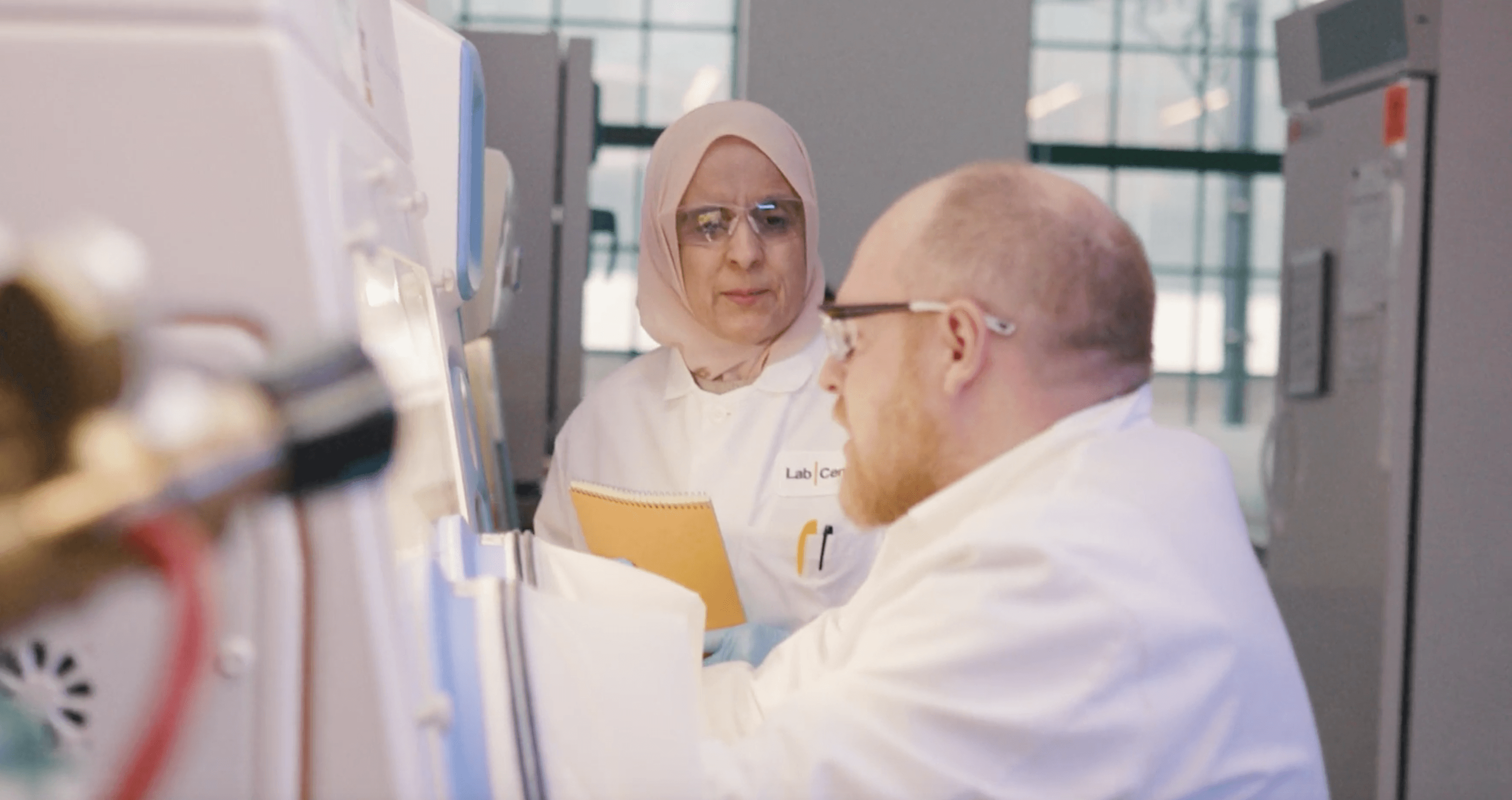
Core Facilities
Leverage a premier network of core facilities to amplify your R&D.
-
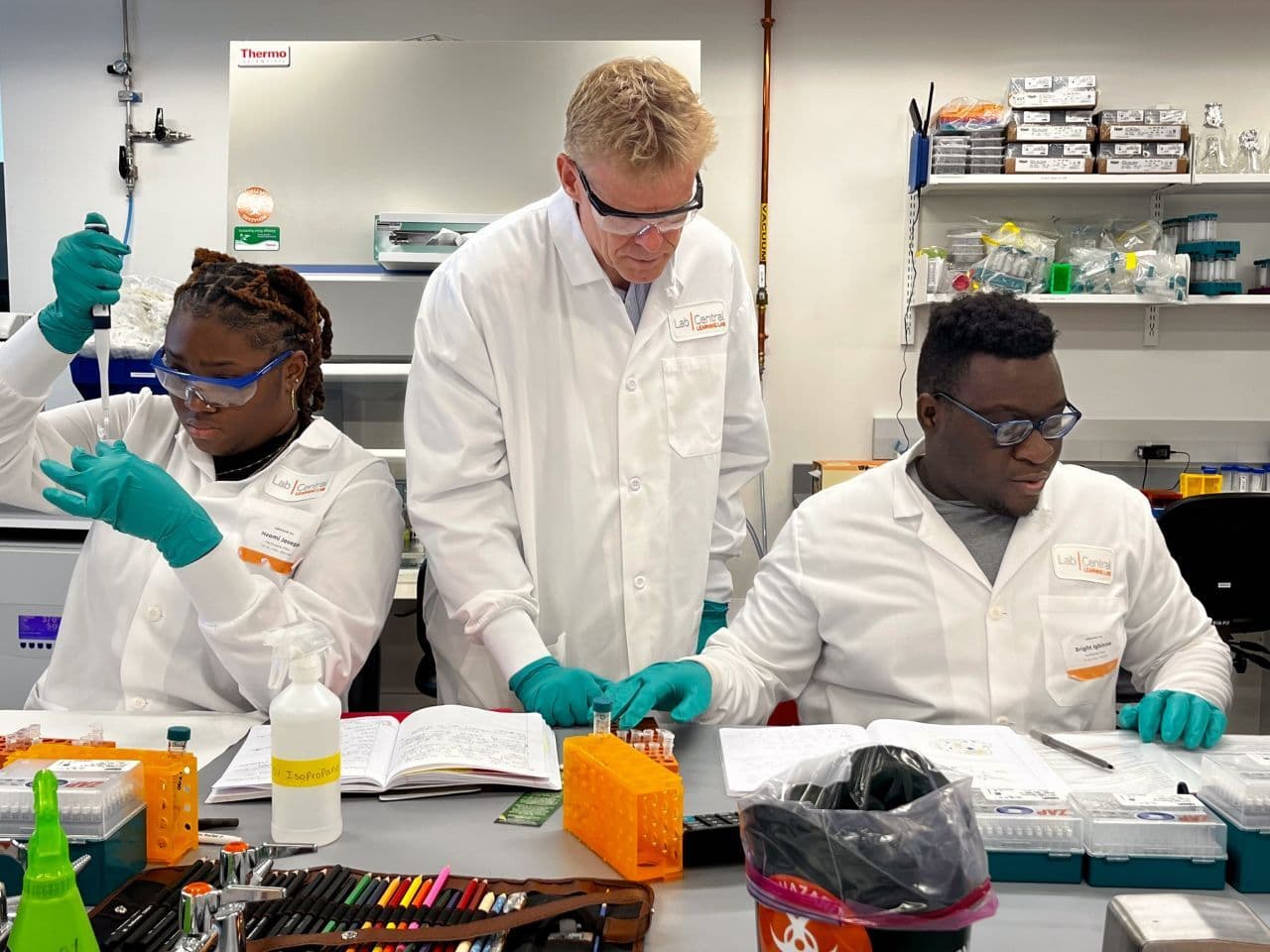
Learning Lab
Hands-on lab education for students and the community.
-
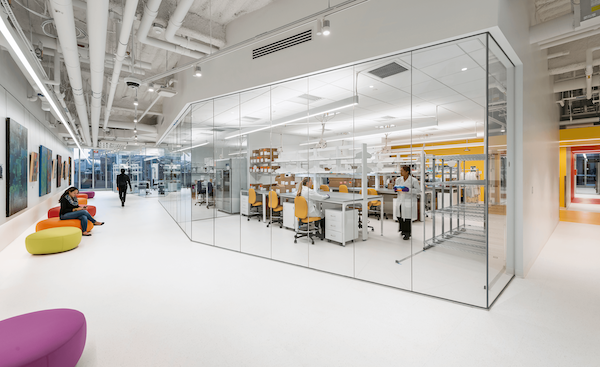
Schedule a tour
Explore LabCentral in person or virtually.
Schedule a tour
Our Labs
-
Startup Programs
Boost your business with tailored resources.
-
Resident Case Studies
Explore how startups excel at LabCentral.
-
Ignite Golden Tickets
Funding opportunities for startup founders facing barriers in biotech.
-
Resident Company Job Board
Check out innovative teams advancing biotech.
-
AI BioHub
AI-biotech support for startups: labs, infrastructure, and network.
-
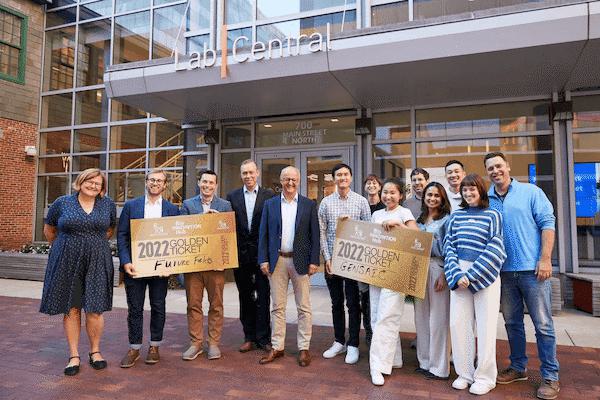
Golden Tickets
Win sponsor-funded residency opportunities.
Golden Tickets
How We Help
-
Sponsors
Explore our network of sponsors.
-
Partners & Supporters
Meet those supporting LabCentral’s mission.
-
Biotech Ready
Bridging the gap between education & employment in biotech.
-
What the Heck is Biotech?®
Workshops introducing biotech to new communities.
-
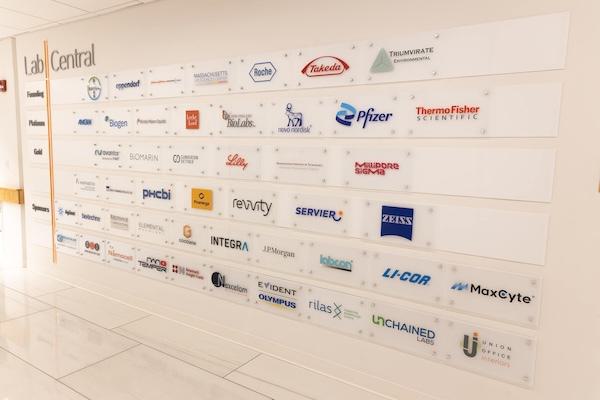
Become a Sponsor
Join an exceptional ecosystem for biotech growth
Become a Sponsor
OUR NETWORK
-
Events
Explore upcoming science, business, and community events.
-
Videos
Watch the Dish and other video content.
-
Blog
Interviews, insights, and advice for biotech entrepreneurs.
-
Press Releases
Stay updated on major milestones and announcements.
-
News
The latest happenings in the LabCentral ecosystem.
-
Life Sciences in Full Color
View the campaign inspiring diverse biotech talent in Boston.
-

Freedom and Form: Honoring Juneteenth Through Art, Dialogue, and…
We recently gathered at LabCentral for Freedom and Form—a Juneteenth…
Read Blog Post
Events + Media
-
Residents
Discover the startups shaping the future of biotech at LabCentral.
-
Our Impact
Annual reports and metrics of our influence.
-
Our Team
Meet the individuals driving our success.
-
Careers at LabCentral
Grow with us—professionally and personally.
-
Alumni Network
View LabCentral’s accomplished alumni.
-
Gallery 1832
Explore rotating exhibits where art meets science.
-
Contact Us
Your questions, answered!
Contact Us


